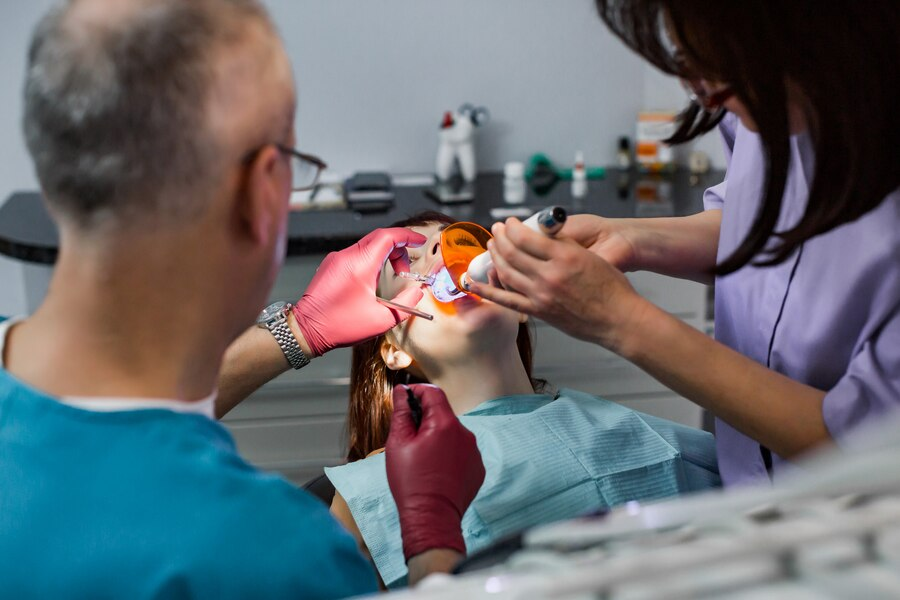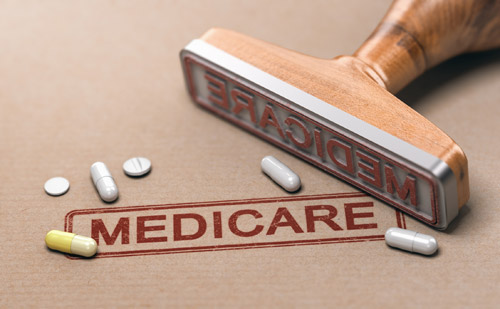In today’s fast-paced world, where children are increasingly engaged in various activities, from sports to playground adventures, understanding the importance of emergency dental care is crucial. As a parent or guardian, being prepared for dental emergencies and ensuring that your child knows what to do can make a significant difference in their oral health and overall well-being.
The Importance of Kids Dentist Visits
Regular visits to a kids dentist are not just about routine check-ups; they play a pivotal role in preventive care and early intervention. Children’s dental health differs from that of adults, requiring specialized attention and care. A kids dentist is trained to handle the unique needs of young patients, making dental visits a positive and comfortable experience. These visits not only monitor dental development but also educate children about proper oral hygiene practices and the importance of dental care from an early age.
Understanding Emergency Dental Care
Effective emergency dental care encompasses prompt treatment for dental injuries, severe toothaches, or any sudden oral health issues that require immediate attention. For children, who are often active and adventurous, accidents resulting in dental trauma can happen unexpectedly. Knowing how to respond swiftly and effectively during such emergencies can minimize pain, prevent complications, and preserve dental health.
Common Dental Emergencies in Children
Children may face several types of dental emergencies that require urgent care:
1. Knocked-Out Tooth:
When a permanent tooth is knocked out, quick action is crucial. The tooth should be handled carefully by the crown (top part) and not the root. It can sometimes be replanted if managed promptly and correctly.
2. Tooth Fractures:
Fractures can occur due to falls, sports injuries, or biting on hard objects. Depending on the severity, treatment may involve smoothing the rough edges, applying a protective covering, or more extensive dental work.
3. Toothache:
Persistent toothaches can indicate underlying issues such as tooth decay or infection. Immediate attention is essential to alleviate pain and prevent further complications.
4. Soft Tissue Injuries:
Cuts, tears, or puncture wounds inside the mouth (lips, cheeks, tongue) may require cleaning and suturing to promote healing and prevent infection.
Educating Kids About Dental Emergencies
Educating children about dental emergencies empowers them to respond appropriately and seek help when needed. Simple conversations and role-playing scenarios can familiarize them with what to do in different situations. Emphasize the importance of:
- Reporting Pain: Encourage children to communicate any tooth pain or discomfort promptly.
- Protecting Teeth: Highlight the significance of wearing mouthguards during sports or activities to prevent dental injuries.
- Knowing Emergency Contacts: Ensure children know how to reach you or another trusted adult in case of a dental emergency.
Conclusion
Imparting knowledge about emergency dental care to children not only prepares them for unexpected situations but also instills a sense of responsibility towards their oral health. Regular visits to a kids dentist, coupled with preventive measures and awareness of how to handle dental emergencies, contribute to maintaining healthy smiles and overall well-being. As caregivers, our proactive approach to educating and equipping children with essential dental knowledge ensures they can face dental challenges confidently and with readiness.
Understanding the significance of emergency dental care empowers children to prioritize their dental health throughout their lives, setting the foundation for a lifetime of healthy smiles and confident grins.



